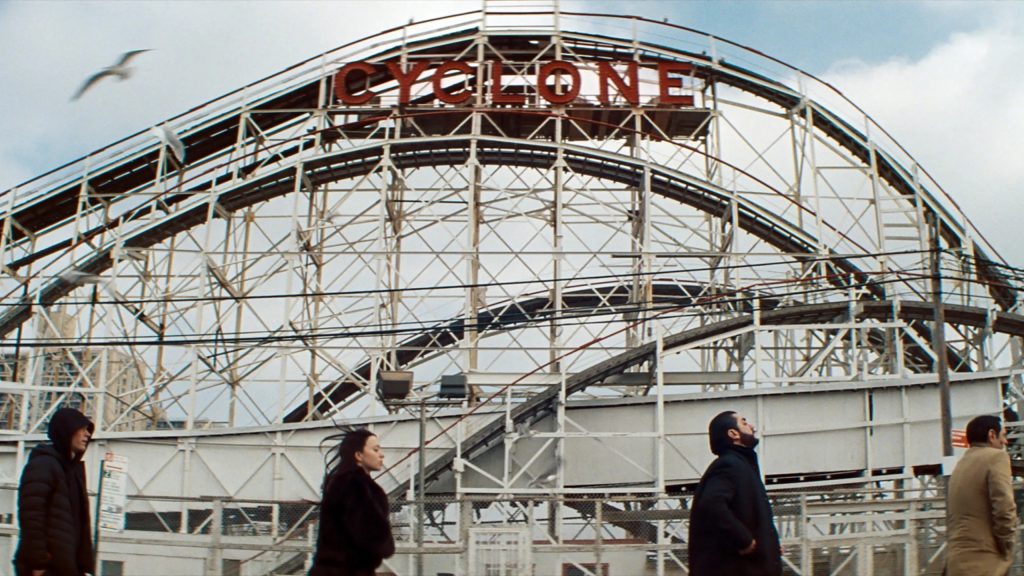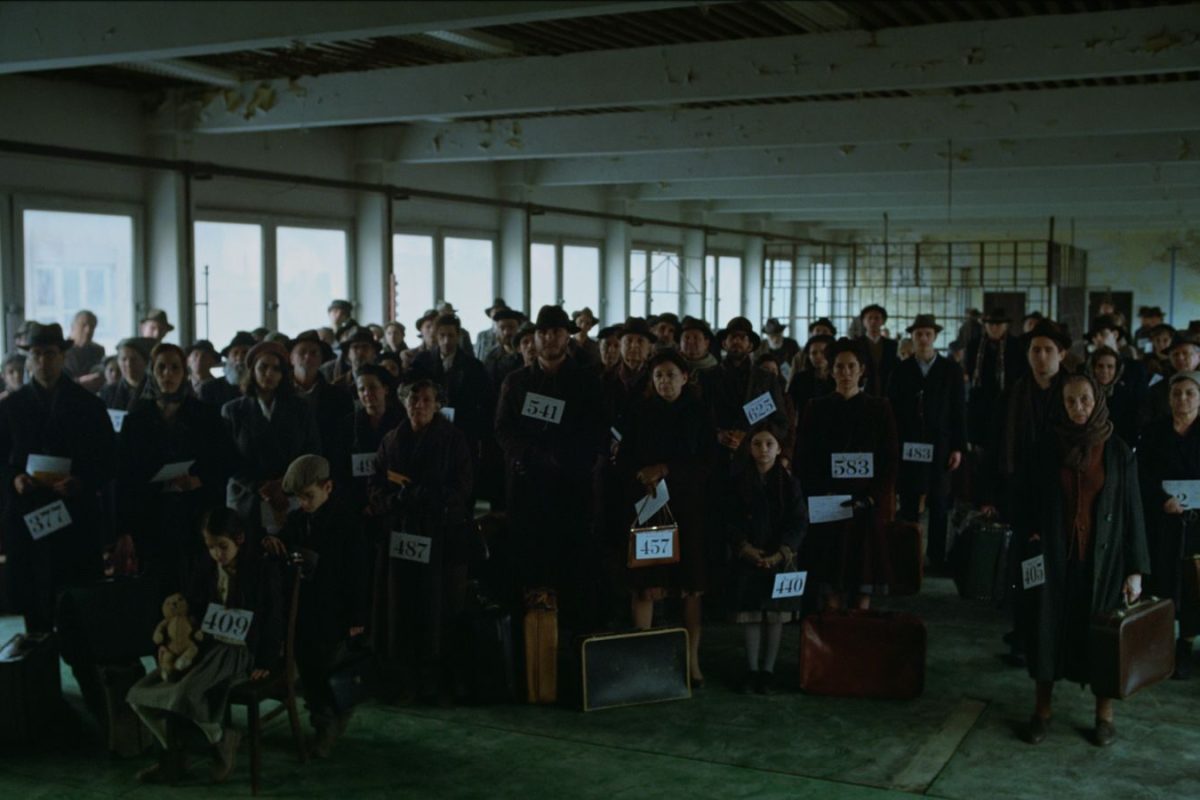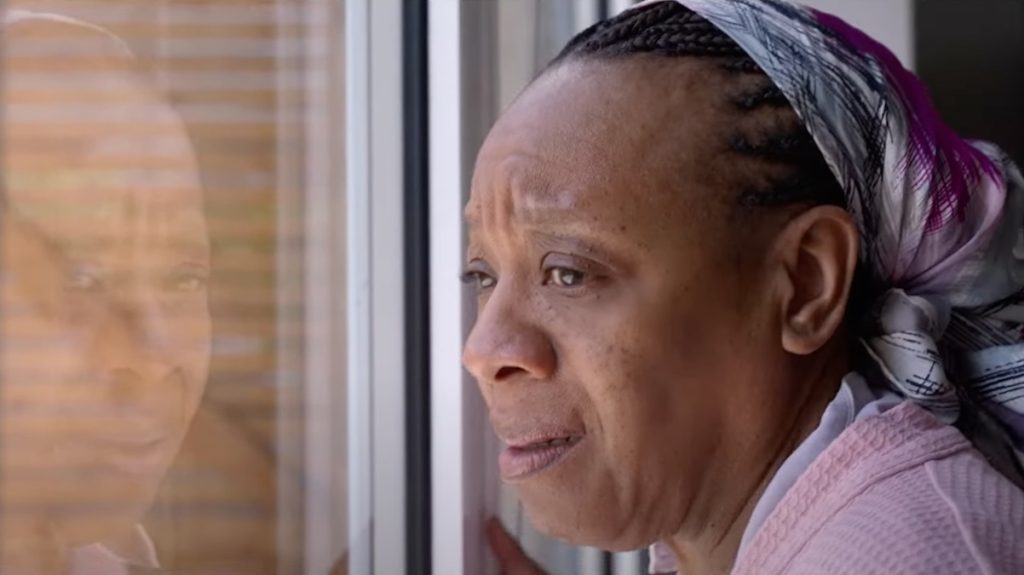For over 100 years, the concept of the American dream has been a pervasive part of global culture – a foundational myth, a children’s fairy tale that has somehow infiltrated adult life. If you live in the United States, you have endless possibilities; no matter where you come from, no matter what your background, you can achieve anything if you work hard enough. Well, that’s the idea, anyway. And at a time when, more than ever, we have cause to reject the idea of American exceptionalism as a fraud, Hollywood gave us two films that both interrogate the idea: Anora and The Brutalist. While one revolves around a sex worker who finds herself all-too-briefly living out a Cinderella story, and the other focuses on a Hungarian architect attempting to rebuild his life and career in the U.S. following World War II, both approach the prospect of the American dream with a healthy dose of cynicism.
There’s one thing we know for sure: Americans with families who have lived in the United States for generations aren’t in the best position to assess the concept of the American dream. They’re too close to it, or are operating on outdated information, sharing stories of how their ancestors made it in America the same way that your dad who last went job hunting in 1987 tells you to simply bring a paper copy of your resume to a prospective employer and give them a firm handshake. So it makes sense that for both Anora and The Brutalist to really explore this optimistic vision of the United States, they have to be tightly bound to the immigrant experience.
Anora has a complicated relationship with her Russian heritage, firmly insisting on going by the nickname Ani (pronounced like Annie) and expressing embarrassment over her Russian language skills. She’s a sex worker from Brooklyn struggling to get by day to day, but she dreams of a life of prosperity, where a wealthy Prince Charming will come and sweep her off her feet. Ani lives on the margins of society, and yet still believes that she can carve out a better life for herself. Even Vanya (Mark Eydelshteyn), who has wealth and privilege back in Russia, believes that he would be better off in a green card marriage with Anora, complete with a path to American citizenship.
In The Brutalist, Laszlo Toth (Adrien Brody) emigrates to the United States, leaving a storied career behind him after surviving the ravages of the Holocaust. As a Hungarian, he was a successful architect, respected by all who knew him and considered among the best of his profession. In the United States, on the other hand, he has nothing, and has to start entirely from scratch.

Ani works long hours at a job that is, if nothing else, physically demanding. But it seems like her life is finally going to turn around when she is introduced to Vanya, a young oligarch’s son from Russia who becomes enamored with her. First she negotiates a lucrative agreement to be exclusive to him, then the two impulsively get married on a trip to Las Vegas. They seem to care for one another, and with Vanya’s family wealth, they could live a comfortable life together. Likewise, the first act of The Brutalist shows Laszlo at his most optimistic. When he first arrives, it seems as though people are coming out of the woodwork to help him get back on his feet, to show him the endless possibilities of America. A distant cousin offers him a job and a place to stay when he first arrives in the United States. The wealthy industrialist Harrison Lee Van Buren (Guy Pearce) befriends Laszlo, inviting him into his life, his home, and his livelihood, hiring him as an architect for an ambitious new project. Laszlo and his family are able to rely on the kindness of strangers, who are eager to embrace them so that they themselves can feel as though they’re doing something charitable.
But as both Ani and Laszlo come to learn, the American dream is a fickle thing. It promises the world, and then pulls the carpet out from under you when you least expect it. Ani may have captured the heart of her Prince Charming, but his affections are not built to last – they crumble to dust in the face of his parents’ disapproval. They may be willing to countenance the idea of a woman like Ani as a temporary distraction for their son, but to have her as a wife is unthinkable, and they use every tool in their arsenal to dismantle Ani’s good fortune. Laszlo may have a thriving architectural career in the United States at long last, but it’s all at the whim of Van Buren, and he is never allowed to forget it. Both are valuable only insofar as they can be exploited – for sex, for perceived good will, for their talents. And what initially seems altruistic is ultimately transactional. The message comes through loud and clear: Everything you have, you have because we have given it, and we can take it away just as easily if it pleases us. You may rise to great heights, but no matter what you accomplish, you’ll always be an outsider, a foreigner, an Other.
In these films, as in real life, the American dream is exposed as little more than a fantasy. This country may present itself as a magical realm where the streets are paved with gold and any man can build a life for himself full of riches through sweat and determination, but it has as much cruelty, prejudice, and caprice as any other. People like Ani and Laszlo may find a version of happiness on their own terms, but it will be in spite of the social and political structures put in place in the United States, not because of them.



